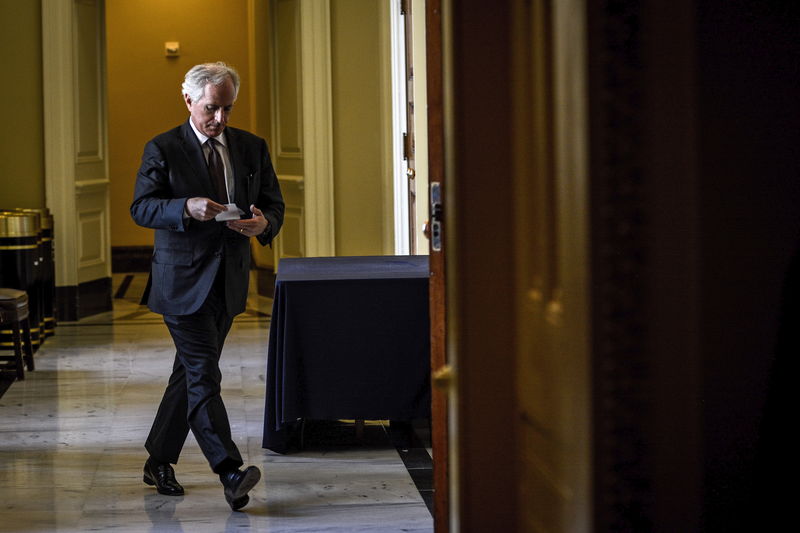By Patricia Zengerle
WASHINGTON (Reuters) - The U.S. Senate could plunge into a heated debate on legislation giving Congress the power to review a nuclear deal with Iran as soon as Wednesday, as some Republicans sought to change the bill to take a harder line on any agreement.
The Senate Foreign Relations Committee voted 19-0 last week for a compromise version of the bill, in a rare display of bipartisan unity in the deeply divided Congress.
Lawmakers said on Tuesday the full Senate could begin debate on Wednesday or Thursday, after Senate leaders reached an agreement ending an impasse over a human trafficking bill and President Barack Obama's nominee to be attorney general.
Republican members of the Foreign Relations committee had offered dozens of amendments seeking to make the bill tougher, but most agreed to put aside their concerns in order to reach a compromise that could pass the full Senate and overcome Obama's main objections.
Obama had promised to veto the legislation before the compromise, which shortened time Congress would be given to review the bill to 30 days from 60 and eliminated a requirement that Obama certify Iran was not supporting terrorism against the United States.
Obama now says he will sign the legislation, if it is not significantly changed as it is considered by the Senate and House of Representatives.
As it considered the bill, the committee rejected an amendment from Republican Senator John Barrasso that would have restored the terrorism-related clause. Barrasso told Reuters he planned to reintroduce that amendment before the bill came up in the full Senate.
However, he said he did not yet know which amendments Senate leaders would eventually allow to come up for a vote.
Two other Republican senators, presidential candidate Marco Rubio and Mark Kirk, called on Obama to tie any nuclear agreement to the release of Washington Post reporter Jason Rezaian and other Americans imprisoned in Iran.
Republican Senator Bob Corker, chairman of the foreign relations panel and the bill's author, said he did not yet know how the amendment process would play out. A final vote on the legislation is not expected in the Senate before next week.

Senator Ben Cardin, the top Democrat on Foreign Relations, said he was unaware of any plans by Democrats to introduce amendments.